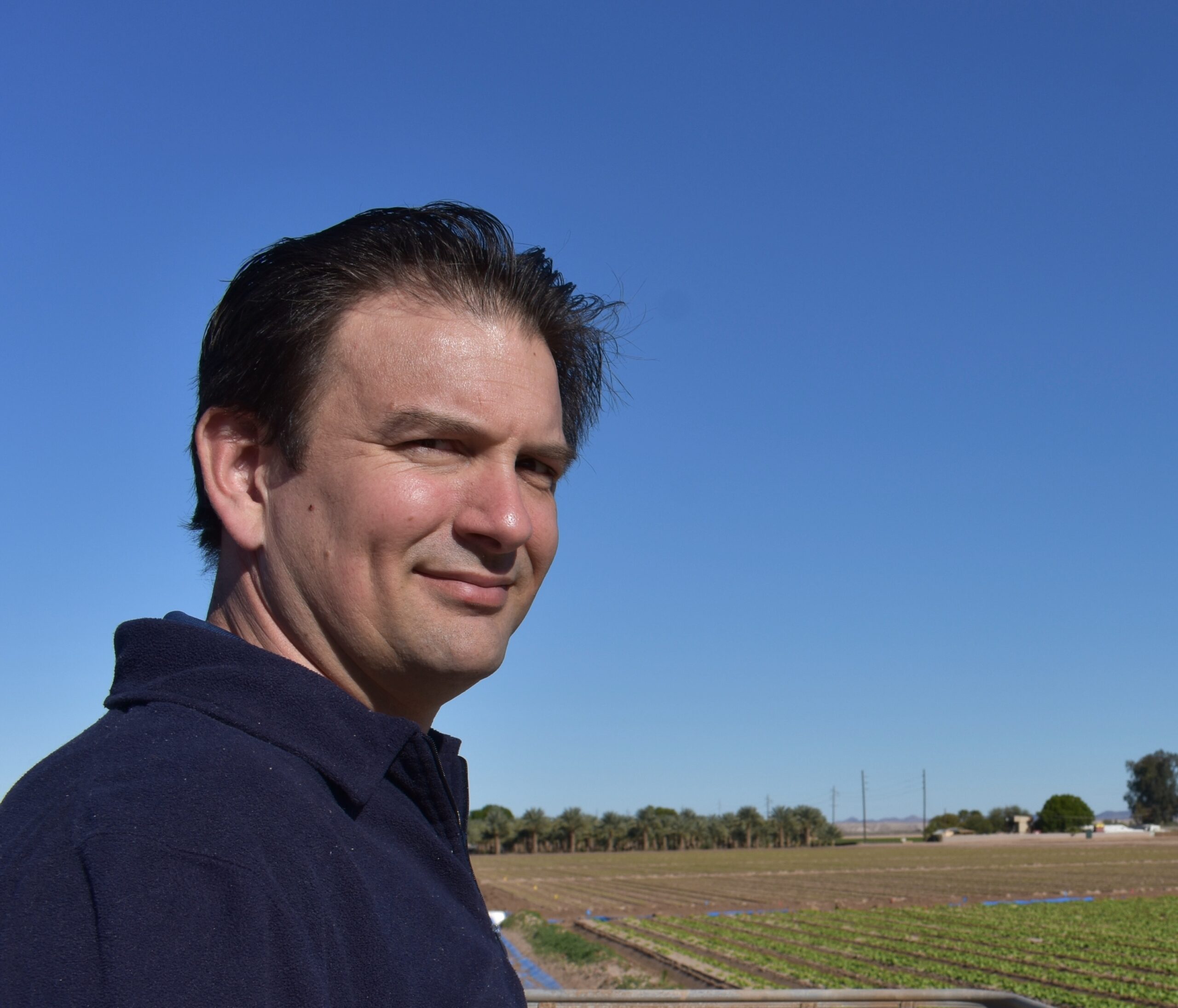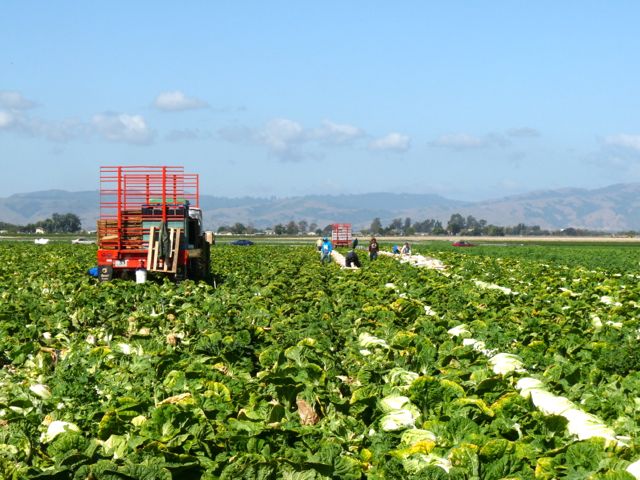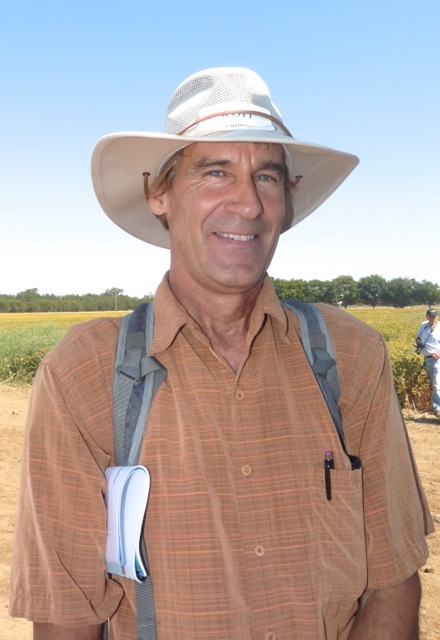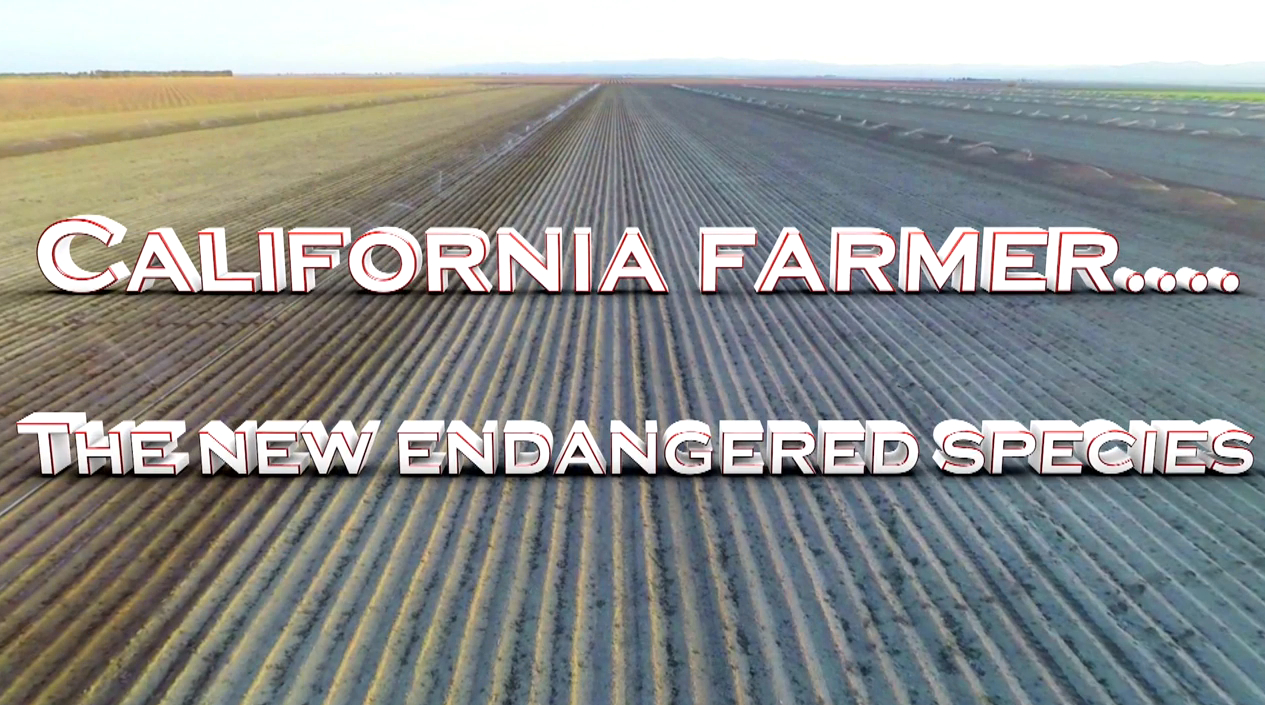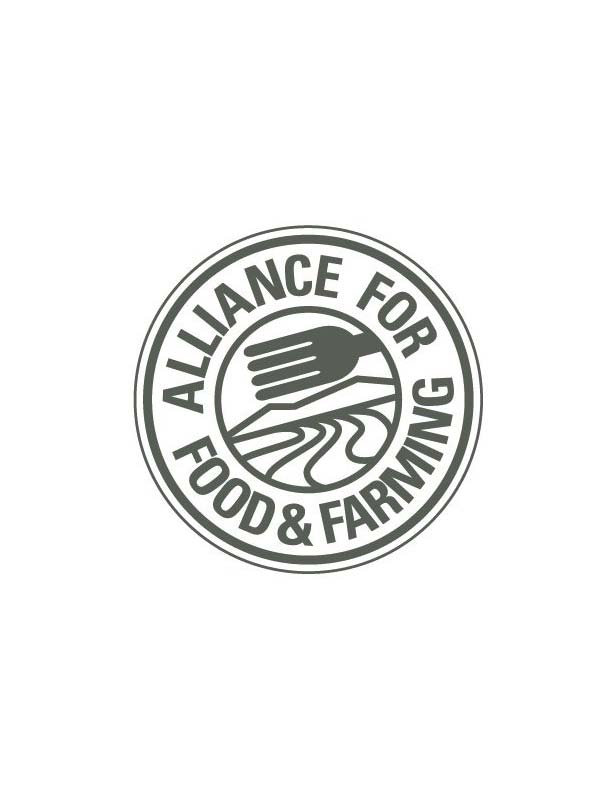1st in a Series on Mental Health on the Farm
Part 1 Mental Health on the Farm
Listening for Negative Thoughts
Resources are provided at the end of this post.
California Ag Today Editor Laurie Greene extensively interviewed Karen Markland, Division Manager for the Fresno County Department of Behavioral Health’s Planning, Prevention and Supportive Services about the mental health needs of those in the agricultural industry who may be emotionally suffering due to the severe drought and environmental water restrictions impacting their livelihoods.
Editor: I have observed that depressed people may say something that implies they are having suicidal ideation, but it is just so easy in our society to tell them, “Oh you’ll snap out of it.” In other words, we tend to dismiss these statements. What do you want to say to listeners on how to respond to someone who says something hopeless? What opportunity does this present to the person who hears someone utter something desperate?
Markland: It is so easy, I say it to myself sometimes, “I want to die; I don’t want to go on.” Those are really important messages, though, for people to pick up on. I really feel it is always important to respond genuinely and supportively. Our statewide California Stigma & Discrimination Reduction Program suggests we go back and say something like, “Each mind matters, and you matter.”
 This is an opportunity to have that dialogue; yet often, people will look at me like, “What?” But we all have those moments and we all feel that way at times. Tell people there are resources and support systems. Become familiar with them—whether they are family, clergy, a neighbor, a teacher, County services, a hotline. Likewise, let someone else know when you are not having the best of days.
This is an opportunity to have that dialogue; yet often, people will look at me like, “What?” But we all have those moments and we all feel that way at times. Tell people there are resources and support systems. Become familiar with them—whether they are family, clergy, a neighbor, a teacher, County services, a hotline. Likewise, let someone else know when you are not having the best of days.
Editor: It seems as if the general population believes that these issues are not medical issues, that they are within someone’s control, and that perhaps someone is weak or has a bad attitude and they need to change their thinking. What would you like to say to people who don’t recognize that mental illness is a medical illness?
Markland: So, there is a lot of dialogue about ‘What is mental illness?’ versus ‘What is mental health?’ ‘What is mental wellness?’ Clearly, mental illness is a diagnosable medical condition. There are categories in which an individual may have a serious mental illness and these include diagnoses like schizophrenia, bipolar disorder.
These are serious, long-term illnesses, but there is a whole other spectrum of mental illness such as postpartum depression, anxiety disorders, and depressive disorders, which show signs and symptoms that people are functioning outside of their wellness. These are also medical conditions—medical conditions that can be treated in a variety of ways.
Editor: Of course medication is one option. Are there other options?
Markland: Sometimes it is medication; sometimes it is holistic healing; sometimes it is having a positive self-attitude and making sure you get the sleep and the nutritious diet, exercise and more that you need. So it is truly a diagnosable medical condition that can be treated in a multitude of ways, and what we are seeing right now in mental health is a strong recovery movement. People live, grow and recover from mental illness.
![]() The Fresno Department of Behavioral Health is dedicated to supporting the wellness of individuals, families, and communities in Fresno County who are affected by, or at risk of, mental illness and/or substance use disorders through cultivation of strengths toward promoting recovery in the least restrictive environment.
The Fresno Department of Behavioral Health is dedicated to supporting the wellness of individuals, families, and communities in Fresno County who are affected by, or at risk of, mental illness and/or substance use disorders through cultivation of strengths toward promoting recovery in the least restrictive environment.
The Fresno Department of Behavioral Health provides mental health and substance abuse services to adults within the County of Fresno. The programs within our department focus on delivering the highest quality of service. There are over 300 professionals and staff dedicated to providing services in both metropolitan and rural areas. The diversity of our staff has helped us create a department that is sensitive to cultural differences and attempts to bridge the language barriers with our consumers.
- Fresno County Crisis Services: 1- (800)-654-3937
- Fresno County Behavioral Health: (559) 600-9180
- Address: 4441 East Kings Canyon, Fresno, CA 93702
- Urgent Care Wellness Center: (559) 600-9171
- TTY: Dial 711 to reach California Relay Service
- Central Valley Suicide Prevention Hotline, 888-506-5991, is an immediate and consistent support for individuals in crisis or experiencing a suicidal crisis. The hotline is available 24 hours a day, 365 days a year, and is confidential and free.
- National Alliance on Mental Illness (NAMI) Helpline: 800-950-6264
- FresnoNAMI website: http://www.namifresno.org/
- Suicide.org Hotlines
